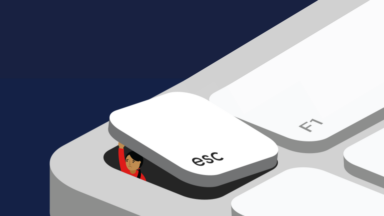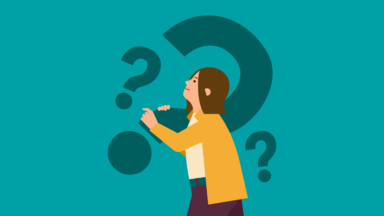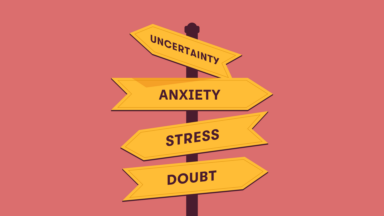
Struggling with insomnia can make the nights feel never-ending, and the days an ongoing battle with exhaustion. If you’ve been researching or asked your GP for a solution to your sleepless nights, you’ve likely come across the medication Zopiclone. In this blog post, we’ll explore the use of Zopiclone for insomnia, and considerations for those who have been prescribed it. If you’re looking for information on this medication and its suitability for your insomnia, keep reading to find out more.
Understanding Zopiclone
Zopiclone is a medication that belongs to a class of drugs called non-benzodiazepine hypnotics.
It is a type of sleeping pill that can be taken for short-term treatment of severe insomnia, especially when other non-drug approaches have not worked.
It helps you fall asleep more quickly, and also helps stop you waking up during the night. It works by affecting a calming chemical in your brain called gamma-aminobutyric acid (GABA).
It is usually prescribed as a tablet, but can also come as a liquid for people who find it hard to swallow. If you need it in liquid form, your doctor will have to order this specially. Once you take it, Zopiclone takes around 1 hour to work.
It is usually prescribed for just 2 to 4 weeks. This is because your body can get used to it quickly and after this time it’s unlikely to have the same effect. You can also become dependent on it.
Using Zopiclone for Insomnia
Zopiclone is generally prescribed when insomnia has become particularly disruptive and is negatively impacting a person’s daily life. It can help address difficulties with falling asleep, staying asleep, and overall sleep quality.
Benefits of Zopiclone for Insomnia
Fall Asleep Fast: Zopiclone can help you fall asleep more quickly, reducing the time spent tossing and turning in bed.
Staying Asleep: It can help reduce nighttime awakenings, helping you sleep through the night.
Increased Total Sleep Time: Zopiclone can lead to longer and more restful sleep, which is vital for overall well-being.
Important Considerations When Using Zopiclone
It’s important to be aware of the following considerations when using Zopiclone for insomnia:
Prescription Requirement: Zopiclone is a prescription-only medication. It cannot be obtained without speaking to your GP.
Short-Term Use: Zopiclone is generally prescribed for short-term use. Taking it for longer than the recommended time can lead to you becoming dependent on taking it to fall asleep.
Potential Side Effects: Common side effects of Zopiclone may include drowsiness, dizziness, and a bitter or metallic taste in the mouth. It’s important not to engage in activities that require mental alertness, like driving, while taking the Zopiclone.
Tapering Off: When it’s time to stop taking Zopiclone, your GP will help you do this gradually to avoid withdrawal symptoms.
Complementary Approaches: Combining Zopiclone use with non-drug options, such as maintaining good sleep hygiene practices, lifestyle adjustments, and Cognitive-Behavioural Therapy for Insomnia (CBT-I) can lead to more effective management of insomnia. CBT-I is a highly effective and non-drug treatment for insomnia. It helps change negative thought patterns and behaviours related to sleep. Sleepio is a CBT-I treatment that works with you to develop a personalised insomnia treatment plan, empowering you to challenge negative thought patterns, establish healthy sleep habits, and enjoy restful nights of sleep.
In summary, Zopiclone can offer a promising solution for people struggling with insomnia. Its benefits include falling asleep faster, staying asleep longer, and increased total sleep time. However, the use of Zopiclone should be guided by your GP, and you should be aware of prescription requirements, potential side effects, and the need for short-term use. If you’re considering Zopiclone as a treatment for your insomnia, you should see your GP to determine if it’s the right choice for your sleep needs. A peaceful night’s sleep might be closer than you think.

Here’s our latest

How Does Blue Light From Screens Affect My Sleep?
In our fast-paced, 24/7 world, screens have become an integral part of our lives. From smartphones and tablets to computers…

Why Am I Tired All The Time?
Feeling tired is something we all experience from time to time, but what happens when it becomes a constant companion?…

Cancer and Sleep
Hearing the words “you have cancer” affects more than just your physical health. People living with cancer say that poor…


